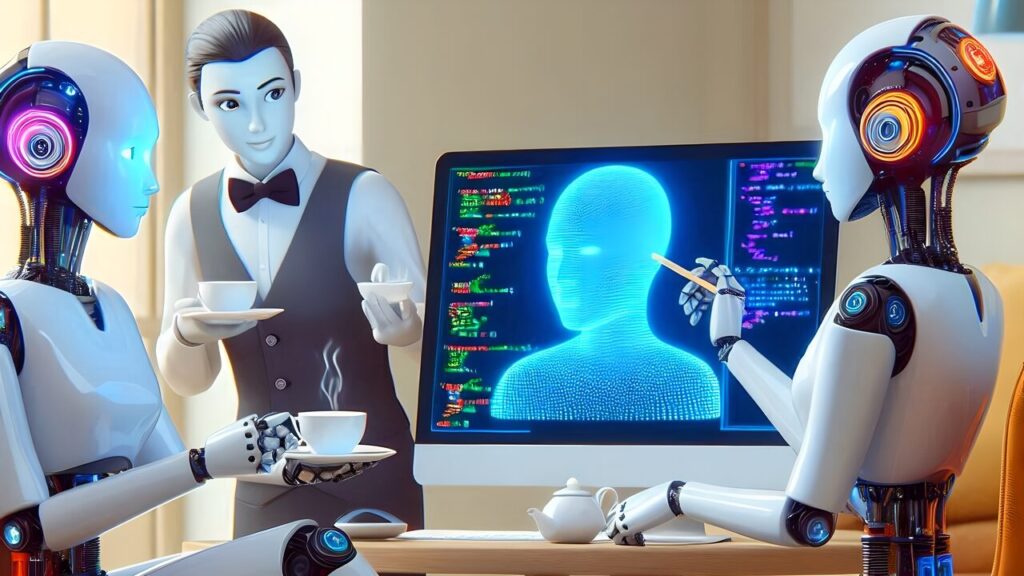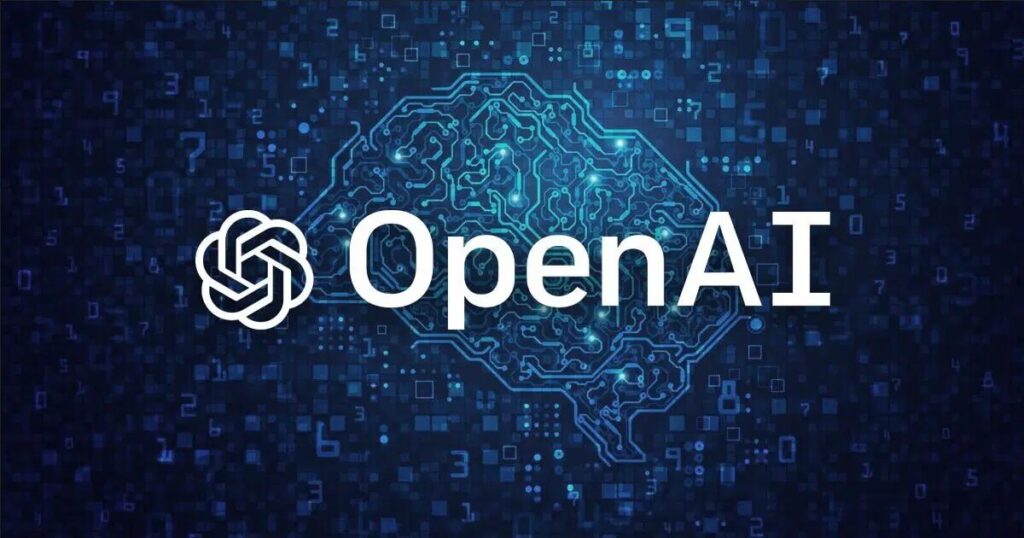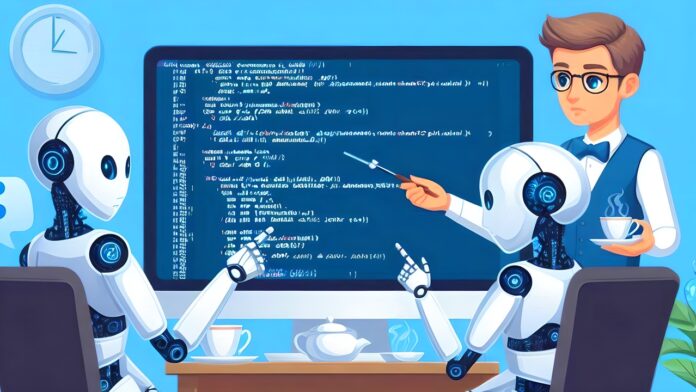In a move that seems straight out of a sci-fi novel, OpenAI has announced a groundbreaking initiative: they are developing an artificial intelligence system designed to monitor and regulate its own AI models. This revolutionary step aims to address potential risks and ethical concerns associated with AI technologies, potentially eliminating the need for human oversight in AI monitoring.
OpenAI Takes AI Self-Regulation to the Next Level
Known as one of the leading innovators in the field of artificial intelligence, OpenAI continues to push the boundaries. The company’s latest project involves a new AI model, named CriticGPT, which is built on the GPT-4 architecture. This model is designed to identify and correct errors in communications and operations of other AI systems such as ChatGPT.

Efficiency and Ethical Concerns
CriticGPT has shown promising results, successfully identifying errors in the system with about 60% accuracy each time it is run. This development comes after revelations that OpenAI had previously employed workers in Kenya at minimal wages to identify errors in another project, DALL-E 2. The use of an AI system for monitoring could significantly reduce costs and improve efficiency in error detection processes.
Implications for AI Ethics and Workforce
OpenAI’s initiative could reignite debates on AI ethics and regulation. The concept of AI systems being capable of self-monitoring raises significant questions about the reduction of human roles in AI oversight, which could lead to concerns about job displacements in the tech industry. However, it also presents a significant advancement in ensuring AI systems operate within ethical boundaries.

Looking Forward
The development of self-regulating AI by OpenAI could set a new standard for AI development and oversight. As the technology evolves, it will be interesting to see how it impacts the broader landscape of artificial intelligence and its applications. This step by OpenAI not only highlights the company’s commitment to responsible AI development but also marks a potential shift in how AI systems are managed globally.
What are your thoughts on this advancement by OpenAI? Do you think AI should have the ability to monitor itself? Share your views in the comments below or engage with us on social media.

